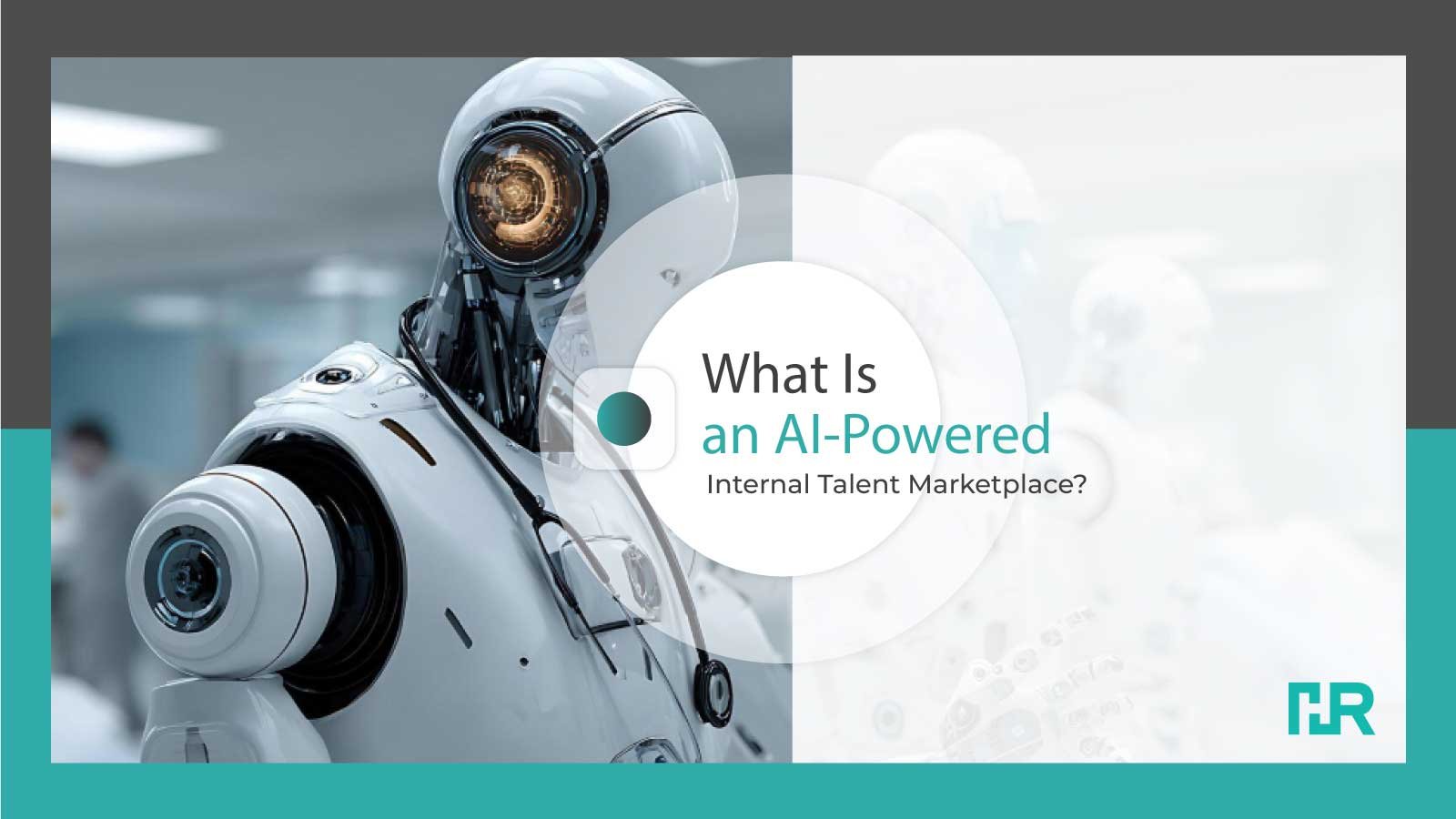
An AI-powered internal talent marketplace is a smart, technology-driven platform inside an organisation that connects employees with internal opportunities - like projects, short-term gigs, full-time roles, mentorships, and learning pathways - based on their skills, experience, and career aspirations.
Rather than relying on traditional internal job boards or manager-led referrals, this kind of marketplace uses artificial intelligence to dynamically match people to roles in real time. It makes the most of existing talent and helps organisations move toward a more agile, skills-based model of workforce deployment.
Unlike static portals, in an AI-powered marketplace, the system constantly updates its understanding of each employee’s skills and potential. Machine-learning algorithms build detailed “skill graphs” that map not just what people can do today, but where they might grow. This intelligence lets the platform recommend internal opportunities that align very closely with both the business’s needs and the individual’s growth path.
AI also predicts demand. By analysing project pipelines, strategic goals, and workforce data, the platform surfaces which skills will be needed soon. That way, employees can be nudged toward learning experiences that prepare them for future roles, and HR leaders can plan talent deployment proactively rather than reactively.
Organisations today are under mounting pressure to be more efficient, cost-effective, and flexible. External hiring can be slow, expensive, and uncertain. On the other hand, moving people within the company - into roles they’re already suited for or can grow into - is often faster and less risky. An internal marketplace is a way to do this intelligently, not just manually.
According to Deloitte’s research, the use of AI in such marketplaces helps scale matching at speed, enabling highly personalised career pathways and better visibility into internal talent. This means that organisations can unlock talent that might have remained hidden, and give employees more agency to find meaningful work without relying exclusively on external recruitment.
First, there’s cost efficiency. By using AI to fill roles internally, companies cut down on recruiting costs, reduce time to fill, and improve retention. AI helps reduce administrative burden - parsing profiles, screening potential matches, and ranking opportunities - so HR teams don’t have to do all of that manually.
Second, it boosts employee engagement and mobility. When your workforce sees that the company is investing in their development and giving them visibility into opportunities, it builds loyalty. Internal marketplaces help individuals discover roles they may not have known existed, or projects that align more closely with their long-term goals; that transparency builds trust.
Third, there's a strategic talent-planning advantage. AI-driven insights from the marketplace help leadership understand where capabilities are concentrated, where potential gaps exist, and how to redeploy people proactively. Rather than reacting when a critical role opens up, organisations can stay ahead by seeing who might be a good fit for future needs before the demand becomes urgent.
Even though the idea is appealing, implementing an AI-powered internal talent marketplace comes with real challenges. For one, you need data scale - if you have too few active roles or limited employee data, the AI’s matching engine may not work well. Deloitte notes that organisations must often first build scale or aggregate enough opportunity data to make the AI meaningful.
There are also ethical and trust issues. AI matching might feel opaque unless the system is transparent about how it ranks people. Employees may worry: Why was this role recommended to me and not that one? Organisations need to build in explanations, bias audits, and human oversight to ensure fairness in how matches are made.
Finally, skill data maintenance is critical. Employee skills are not static; they evolve. If the system’s skill graphs are not regularly updated through learning data, performance reviews, or self-assessments, the recommendations may become stale or misaligned.
In 2025, AI adoption in HR is rising fast: about 43% of organisations now use AI for HR tasks, up sharply from just 26% in 2024. At the same time, internal talent marketplaces are becoming more common, with one in three organisations (35%) saying they are using one, up from 25% the previous year.
This isn’t just a technology play. It’s a shift in mindset: from hiring only when roles open up to continuously aligning talent with business priorities. With the right implementation, an AI-powered internal talent marketplace can become a competitive differentiator - helping organisations tap into their most valuable resource, their people, more strategically and meaningfully.
Discover practical AI prompts for HR teams to streamline hiring, onboarding, and communication while saving time and reducing manual tasks.
Discover how a growing culture of thanks is reshaping HR tech in 2025. Learn how gratitude, AI insights, and recognition data improve engagement, retention, and performance.